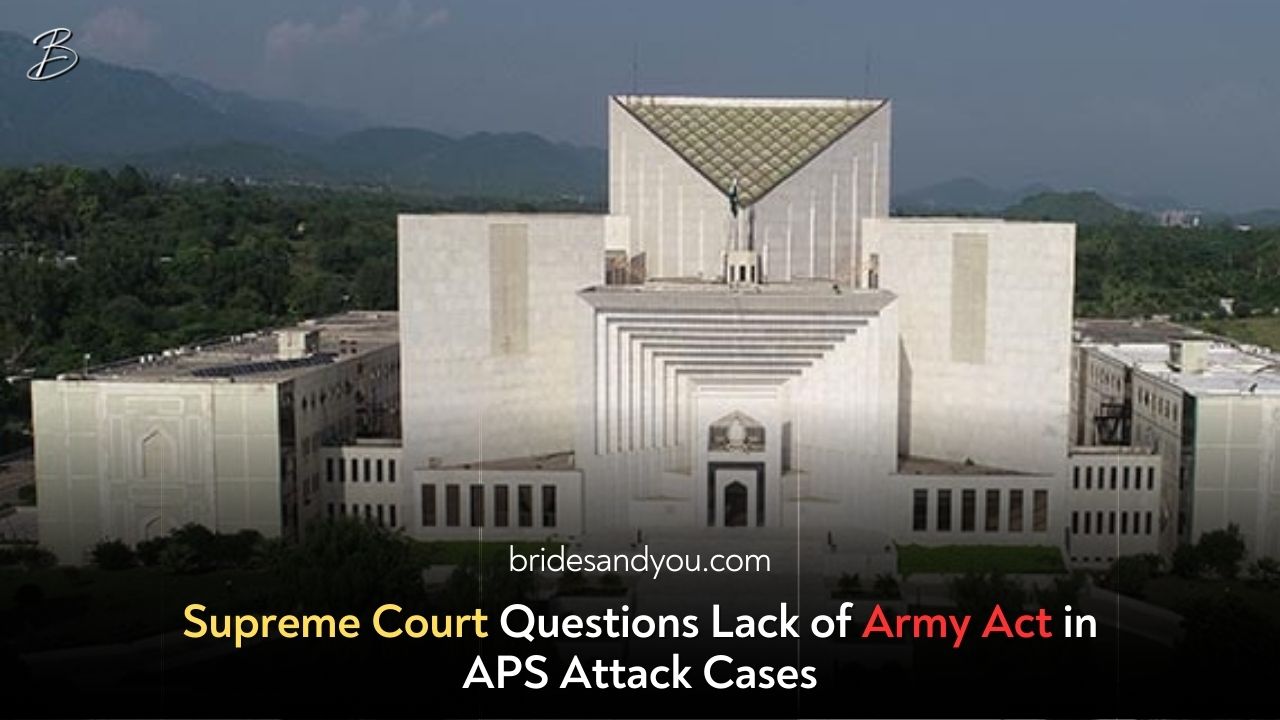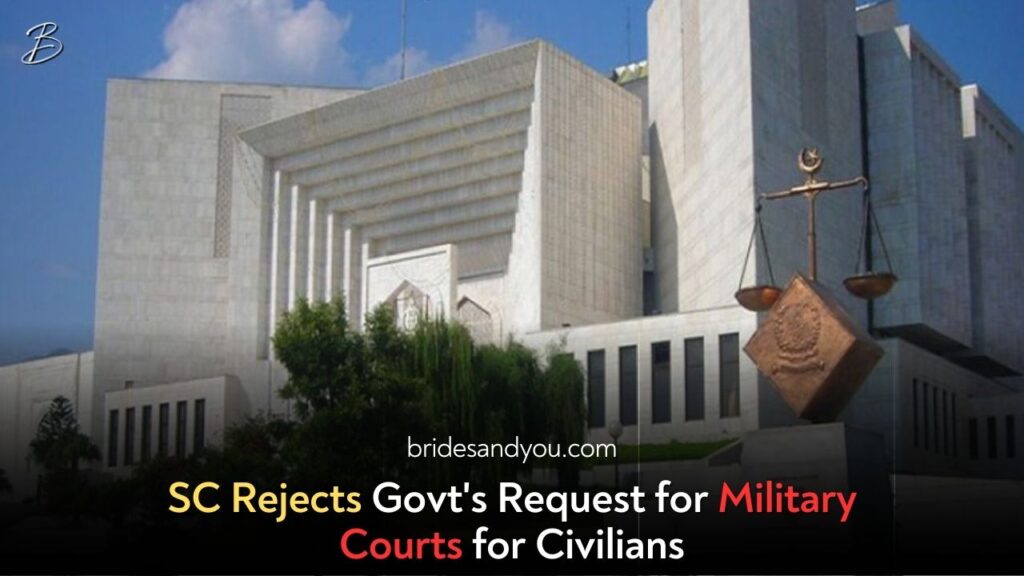Now Reading: SC Questions Why Army Act Was Not Applied in APS Attack Cases
-
01
SC Questions Why Army Act Was Not Applied in APS Attack Cases
SC Questions Why Army Act Was Not Applied in APS Attack Cases

The Supreme Court of Pakistan has raised significant questions regarding the 2014 Army Public School (APS) attack, seeking clarification on why the Army Act was not utilized in prosecuting the perpetrators.
On Wednesday, the Constitutional Bench of the Supreme Court, headed by Justice Amin-ud-Din Khan, addressed an intra-court appeal challenging the use of military courts for civilian trials. The focus remained on understanding the legal framework and the constitutional amendments that paved the way for military trials in terrorism-related cases.
Justice Jamal Khan Mandokhail voiced concerns over the necessity of constitutional amendments for enabling such trials, questioning why the Army Act wasn’t applied earlier for crimes linked to national security. He pointed to the pre-existing nexus between civilian crimes and military courts, which could have been leveraged to address heinous acts like the APS attack.
In response, Khawaja Haris, representing the Ministry of Defence, stated that the nature of the crime determines jurisdiction. He emphasized that terrorist acts connected to the armed forces, such as the APS attack, are eligible for military trials under the Army Act, even without constitutional amendments.
The APS attack, a dark chapter in Pakistan’s history, remains a crucial reference point in this debate. The tragedy prompted the 21st Constitutional Amendment, which enabled military courts to try terrorism cases. The court acknowledged the emotional and political climate during the amendment’s approval, with Justice Naeem Akhtar Afghan and Justice Hassan Azhar Rizvi noting its judicial and parliamentary context.
The bench is expected to reconvene on Thursday to further assess the constitutional implications and provide clarity on the applicability of military trials under the Army Act.
Stay updated with this ongoing case and other significant developments.











